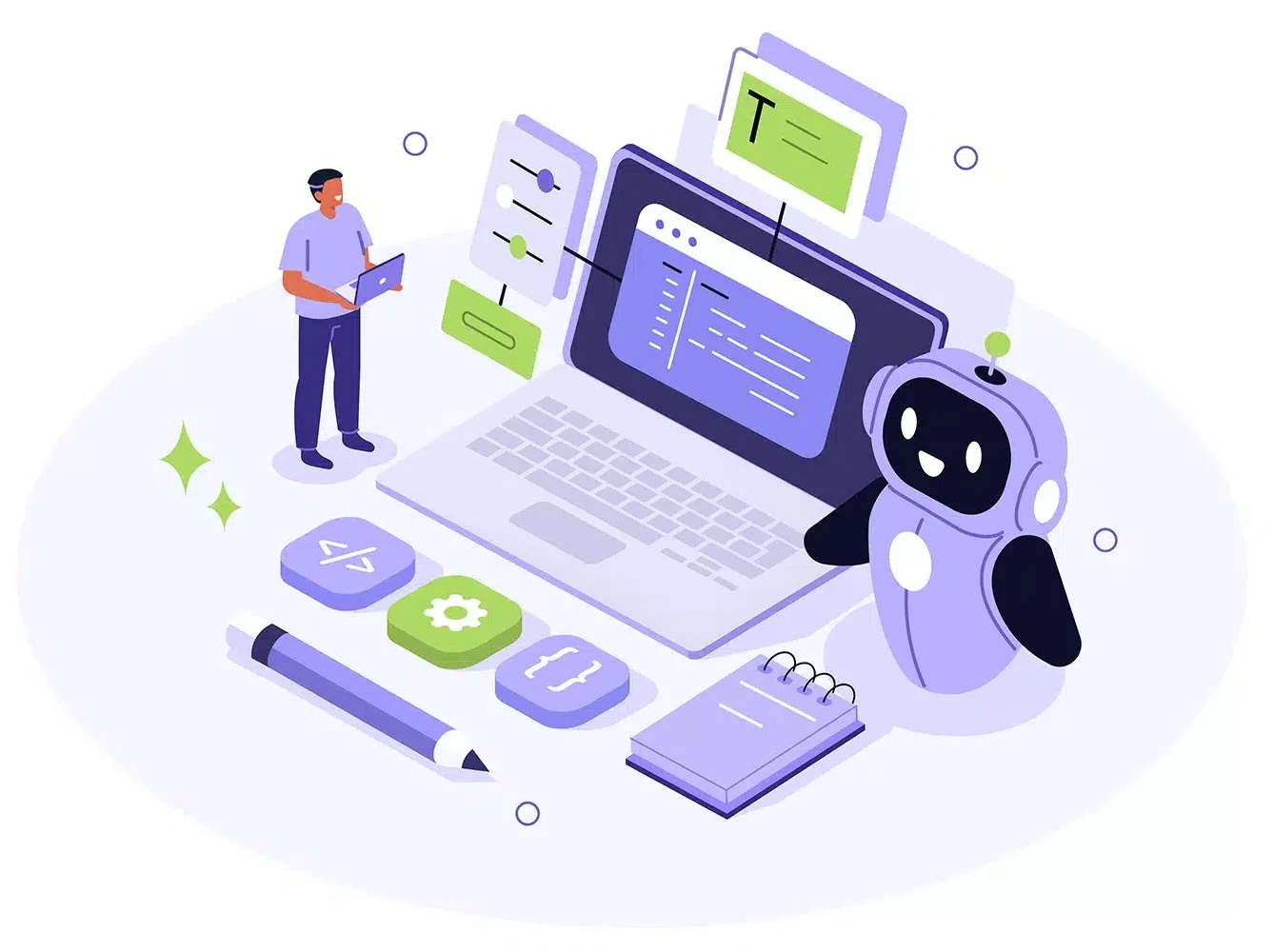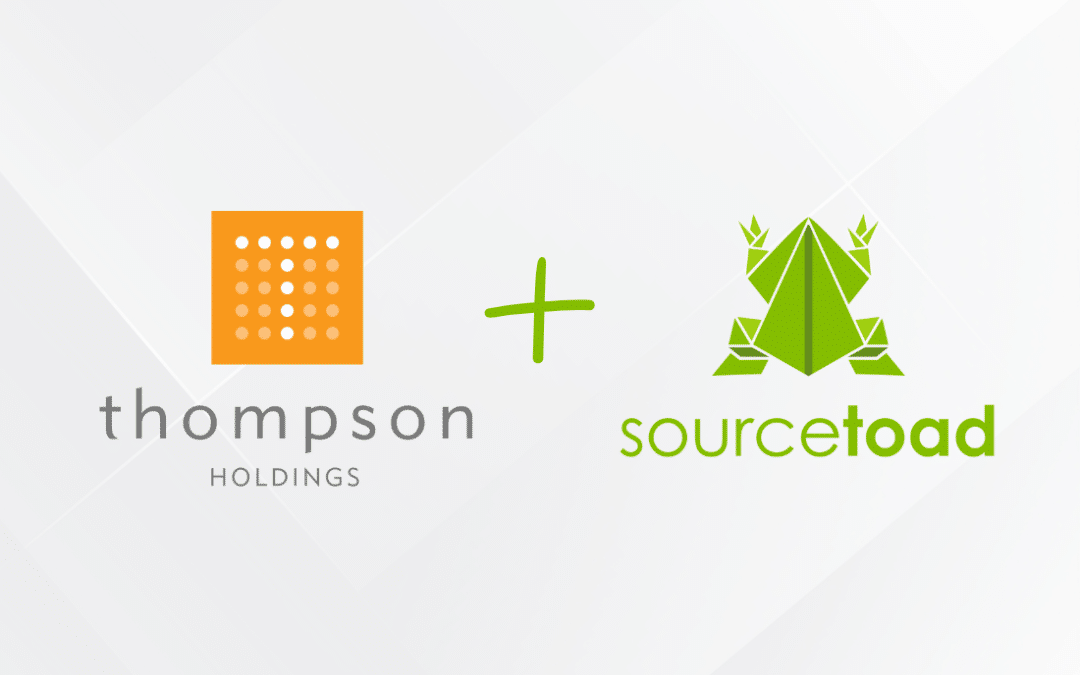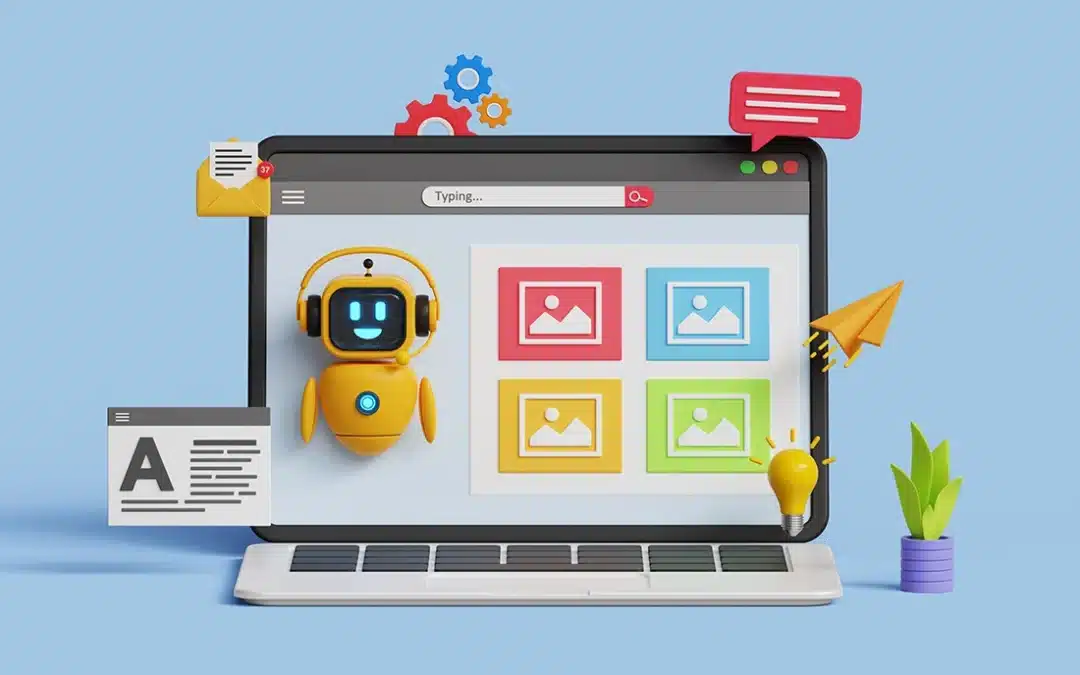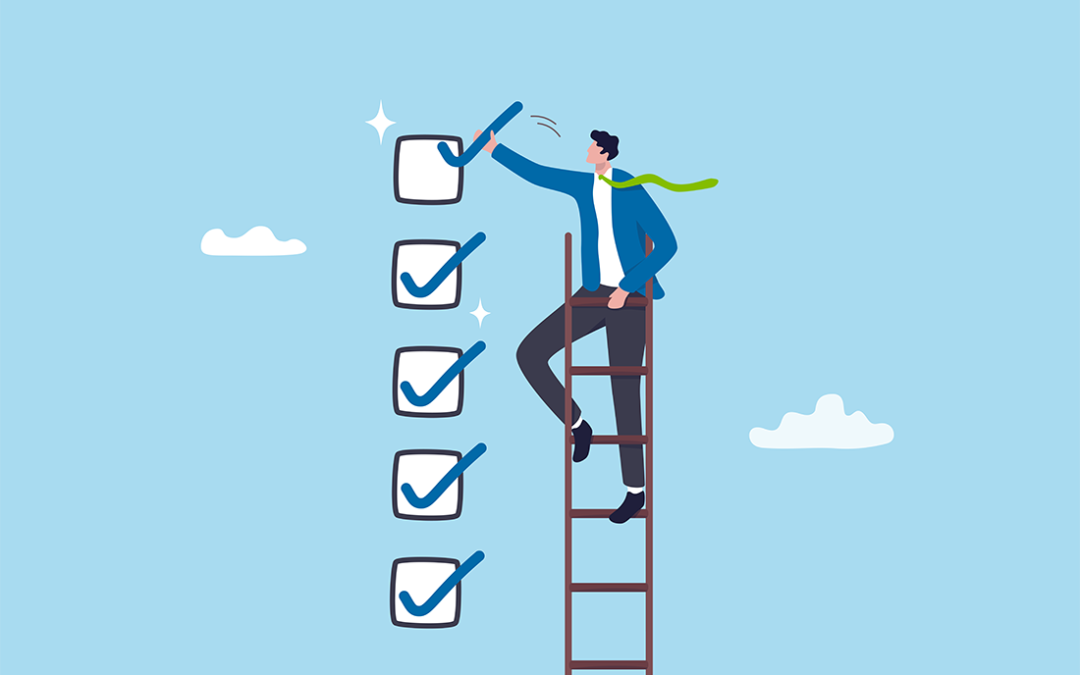
AI coding assistants have become central to modern software development. The CEO of Robinhood recently stated that nearly 50% of their new code is AI-generated, and nearly 100% of their engineers regularly use AI tools like Copilot or Cursor. Atlassian’s study showed 68% of developers are saving at least 10 hours per week thanks to AI. However, another report from METR revealed that experienced developers working with AI tools were 19% less productive in controlled tests, compared to manual coding.
For executives making strategic decisions, these findings mean AI can be a powerful productivity multiplier, but it also introduces inefficiencies and risks. Used thoughtfully, AI can help engineers move faster, but it should never replace deep domain knowledge, security, and reliability overseen by seasoned developers.
Where AI Writes Real Value
Studies show that AI coding tools consistently offer significant gains in both speed and quality. A survey of 600+ developers revealed 78% reported productivity improvements, with 59% confirming code quality rose alongside productivity. GitHub Copilot usage led to 55% faster HTTP server implementation in a controlled trial. Another study at Google with 96 engineers found a 21% reduction in task time.
In real-world enterprise settings, McKinsey data suggests developers using AI finish coding tasks twice as fast, and research from Axify and others indicates that automating repetitive coding chores like documentation and tests can free teams to focus on innovation. Taken together, these findings underscore that AI is no longer just a promising experiment in coding, it is consistently proving to deliver measurable efficiency and quality gains across teams and industries.
Where AI Falls Short: Risk Zones to Watch
Despite clear benefits, AI-generated code carries limitations. The METR study showed experienced developers using AI were 19% slower, as they spent time correcting, prompting, or waiting for AI outputs. Only 44% of AI code was accepted without modification, and 9% of development time went to cleanup.
AI also struggles with complex tasks, such as multi-file codebases, nuanced business logic, and proprietary libraries, where human context is necessary. Furthermore, security, architectural integrity, and production readiness demand discipline only experienced engineers can enforce.
This is not anything new for the tech industry. For novice developers pre-AI, this was referred to as “cowboy coding,” informal and structured coding without following formal processes and frameworks. What we are seeing with AI right now is highly reminiscent of that type of coding, but with machines that don’t sleep—unless of course they are programmed to!
Where Real Engineers Earn Their Keep
AI assistants work best with clear and contextual prompts. However, expertise is needed to interpret generated suggestions, evaluate architectural design, and verify security. Real engineers establish CI/CD pipelines, enforce role-based access, manage secrets, and design observability tools to maintain code integrity. Security is non-negotiable. Manual vetting of AI-supplied code is essential to detect vulnerabilities or incorrect dependencies. Engineers also architect scalable and fault-tolerant infrastructure, ensuring AI-generated advice is production-safe, compliant, and maintainable.
Engineers reinforce their value by building durable mental models of the systems they maintain. These models are not abstract intuition alone but are constructed from the outputs of automated analysis, the clarity of happy-path documentation, and the accumulated evidence of regression testing. By synthesizing these inputs into a coherent understanding of both code structure and runtime behavior, engineers create a framework that allows them to rapidly contextualize and address issues as they arise.
This ensures that when real users inevitably encounter failures, the response is not guesswork but grounded diagnosis informed by a deep internal map of the system’s moving parts. Such discipline transforms AI-generated contributions into production-safe assets, bridging the gap between automated suggestion and long-term maintainability.
Framing the AI-Human Partnership Strategically
For executives, the goal is to maximize returns while minimizing risk. Here’s a balanced playbook:
-
- Apply AI for low-risk, repetitive tasks: unit tests, documentation, boilerplate, code examples.
- Keep engineers in the loop for architectural decisions, database design, complex API logic, and system integration.
- Track both velocity and quality: use metrics like cycle time, defect escape rate, and code review success alongside productivity gains.
- Invest in oversight and context: human auditing, prompt discipline, governance, and security checks bridge the gap between AI speed and production safety.
Conclusion
AI coding assistants are proven to accelerate development and ease repetitive work. But as the data shows, their value comes when paired with experienced engineers who provide the oversight, strategy, and security AI can’t deliver on its own. The organizations that will win with AI are those that strike the right balance: leveraging automation where it drives efficiency, while relying on human expertise to ensure scalability, compliance, and long-term reliability.
At Sourcetoad, we help companies navigate this balance. Whether you’re looking to train your team on best practices for AI adoption or build AI-powered software tailored to your business, our experts can guide you through the risks and opportunities. Contact us today to start building smarter with AI.
Quick Takeaways
-
- AI tools can double or triple development speed, often improving code quality alongside.
- Studies show mixed results for experienced developers, with some seeing slower output due to overhead.
- AI excels at boilerplate, documentation, and refactoring, but engineers must oversee production, integration, infrastructure, and security.
- Set up metrics that reflect velocity, quality, and risk—don’t rely on speed alone.
- Using AI judiciously in tandem with expert engineers delivers both productivity boosts and operational safety.
FAQs
Can AI replace software engineers? AI cannot replace engineers; it augments them by speeding up routine work. Complex logic, architecture, and risk management still need human expertise.
How much faster does AI make code development? Studies show AI can reduce task times by 20% to 60%, depending on task complexity and developer experience.
Does AI improve code quality? In many cases, yes. Surveys found 59% saw improved quality with AI, especially when coupled with human reviews.
What tasks are best suited to AI? AI is best for unit tests, boilerplate, documentation, prototyping, and code refactoring—tasks that don’t require deep contextual knowledge.
How should executives evaluate AI ROI? Use a dashboard tracking cycle time, release frequency, defect escape rate, and cost-saving through productivity. Compare AI gains against overhead like cleanup and review time.


